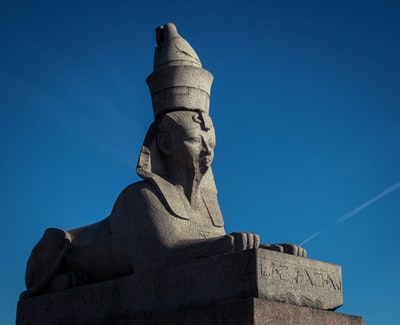The Big Questions
Appeasement and its possible role in contributing to the outbreak of World War 2 continue to be hotly debated topics. It is vital to think about:

* The goals of appeasement as a foreign policy.
* The main international diplomatic flashpoints of the 1920s and 1930s, and the extent to which they were shaped by appeasement.
* How aggressive powers – in particular Italy and Germany – responded to appeasement.
* The relationship between appeasement and the outbreak of World War Two:
Important Background Knowledge
Because appeasement represents a shift in British foreign policy compared to what had come before, it is a very good idea to think about:

* The impact of World War One on British politicians and the wider public, especially in terms of the shocking loss of life suffered during the war.
* The fact that British Empire was weakened by the War.
* The long-standing concept of the ‘balance of power’ between the European powers.
It is also worthwhile having a basic knowledge of:
* The rise to power of Mussolini in Italy and the foreign policy aims of his fascist state.
* Events in Weimar Germany, and opposition to the Weimar Republic from within Germany.
* The Nazis’ foreign policy aims.
The Post-War Peace
In looking at the background to appeasement, it is important to consider:

* The arguments of opponents to the Treaty of Versailles in Britain, above all the idea that it was self-defeating because it would make Germany unable to pay reparations and create resentment that would lead to war.
* The resentment created in Germany by the Treaty of Versailles and the establishment of the objective of overthrowing it by groups such as the Nazis.
* The goals of the League of Nations.
* The key opponents of the League of Nations in both Europe and the US.
* The ideals of collective security and disarmament.
* Weimar foreign policy of attempting to comply with the Treaty of Versailles.
* Key moves towards peace in the 1920s: Locarno and Kellogg-Briand.
International Flashpoints in the 1930s
The key international diplomatic crises of the early 1930s that you will need to discuss are:
* The Japanese invasion of Manchuria.
* The Italian invasion of Abyssinia.
* International involvement in the Spanish Civil War.
* Adolf Hitler’s challenges to the Treaty of Versailles, in particular rearmament and re-militarization of the Rhineland.